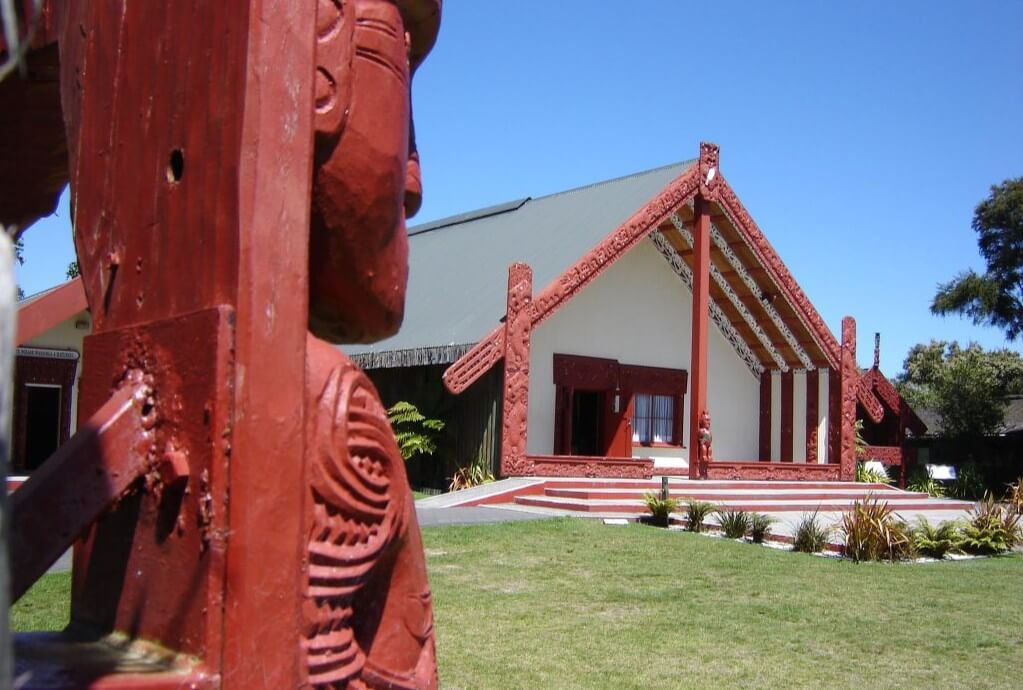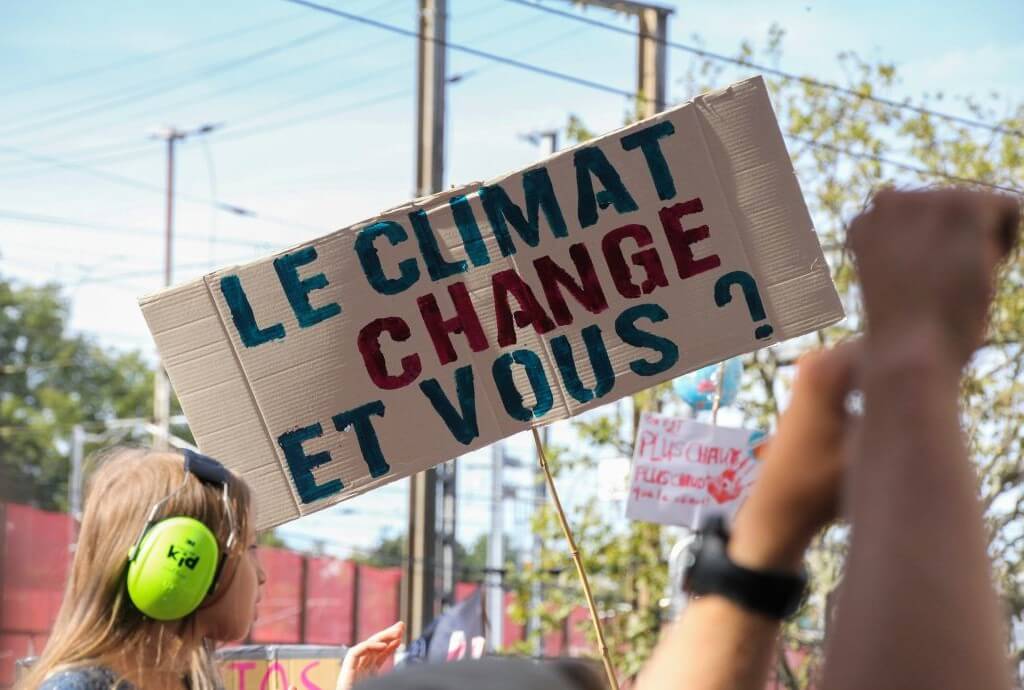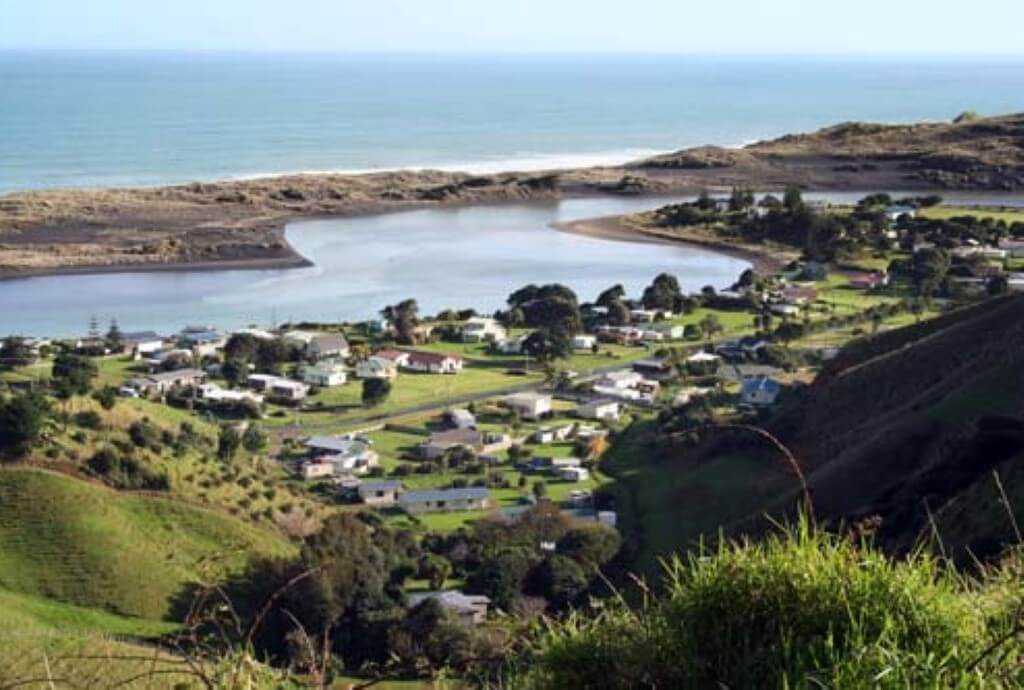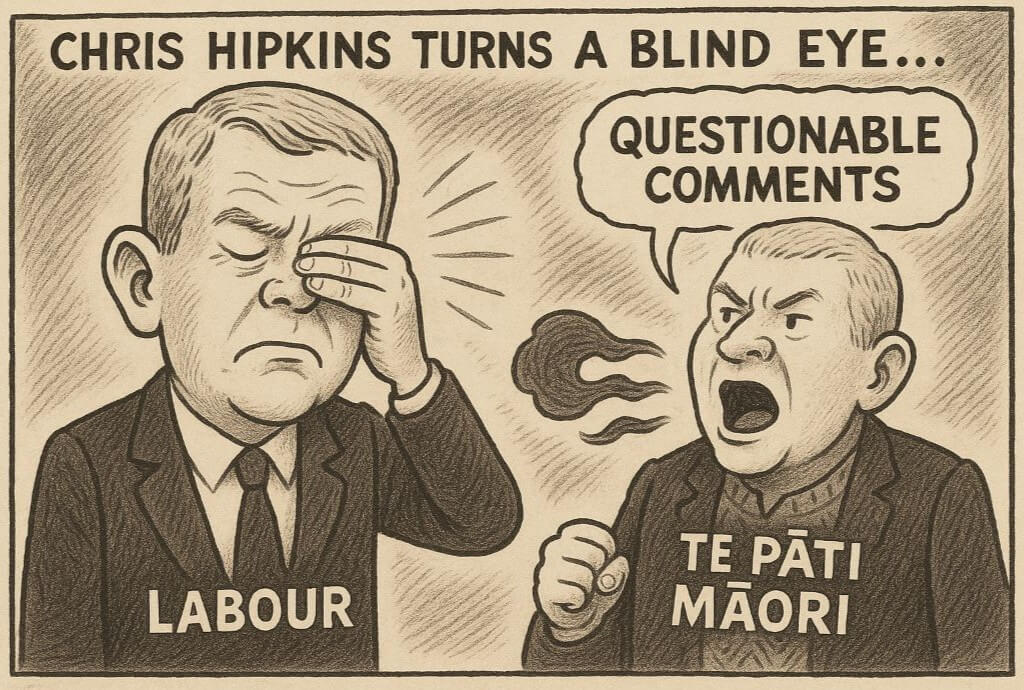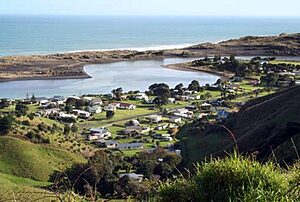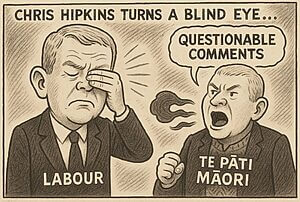Summarised by Centrist
Binding polls have opened across 42 councils to decide whether Māori wards will remain, after Labour’s 2021 law change removed the right to local referendums.
The coalition has since reversed that, requiring councils that introduced the wards without a poll to either hold one now or drop them entirely.
42 referendums on Māori wards are now underway at the 🇳🇿 local body elections. Unless opinions have shifted a lot in the past decade, voters in the vast majority of councils are likely to remove them. https://t.co/qQm0gSLIap pic.twitter.com/vkVEvPvCqs
— Charted Daily (@Charteddaily) September 9, 2025
Supporters, like Councillor for the Kāpū-te-rangi Māori ward on Whakatāne District council, Toni Boynton, argue Māori wards have been a “great success,” even claiming they saved her council “hundreds of thousands of dollars” through closer relationships with iwi. But the assertion was not backed by figures or independent evidence. Boynton is also the Te Maruata Māori advisory group network co-chairperson.
Boynton added that opposition to Māori wards was based on majority votes from non-Māori, who may not understand Māori perspectives. Critics, including ACT, counter that voters now have the right to decide if separate race-based seats are appropriate at all, arguing that local issues like roads and rates affect everyone equally.
The referendums, which run alongside this year’s local body elections until 11 October, will determine whether Māori wards stay or go in each affected district.
Image: axel_magard
